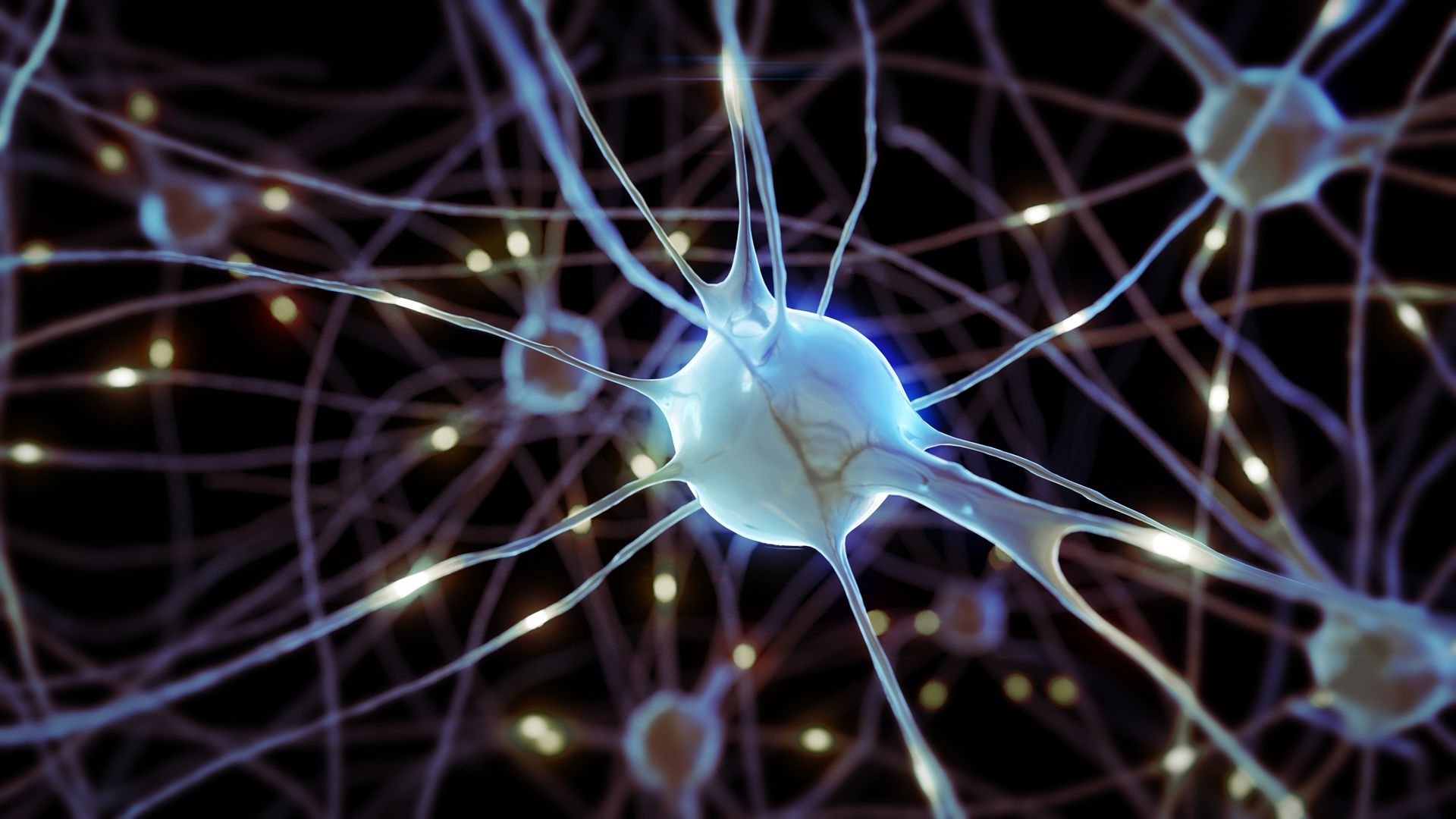Cure Found: Defeating Multiple Sclerosis
A simple antihistamine has turned out to be a cure for multiple sclerosis. Is it in your first aid kit?
This is the first case of brain recovery in a chronic neurological disease.
Multiple sclerosis (MS) is a chronic neurological disease that affects the central nervous system. According to the World Health Organization (WHO), MS affects 2.5 million people worldwide. Although the cause of this disease is not completely clear, it is characterised by damage to the myelin sheath of nerve fibres, which plays an important role in the transmission of nerve impulses.
Until recently, it was believed that it was impossible to cure multiple sclerosis, it was only possible to stop the development of the disease. However, a new study by scientists has shown that there is an over-the-counter drug, originally intended for other purposes, that can start the process of regeneration of the myelin sheath of nerve fibres. The results of the study are described in the Proceedings of the National Academy of Sciences (PNAS), a peer reviewed journal of the National Academy of Sciences (NAS) in the United States.
During the course of the study, participants suffering from multiple sclerosis were offered the antihistamine drug clemastine. At the time, there was no preliminary data on its ability to stimulate the regeneration of myelin.
The effectiveness of the therapy was assessed by MRI images, and the results showed that the drug caused positive changes in areas of the brain where the myelin sheath was damaged or scarred.
The study opens up new perspectives in the treatment of multiple sclerosis, offering a potentially new method that focuses on stimulating the regeneration of the myelin sheath, as opposed to existing approaches that focus on reducing inflammation. However, further research and clinical trials are needed to better understand the efficacy and safety of this approach.
This discovery represents a significant step in the development of alternative therapeutic strategies for the treatment of multiple sclerosis and may lead to new innovative methods that help restore and protect the nervous system in patients suffering from this neurological disease.
The original research article is here







